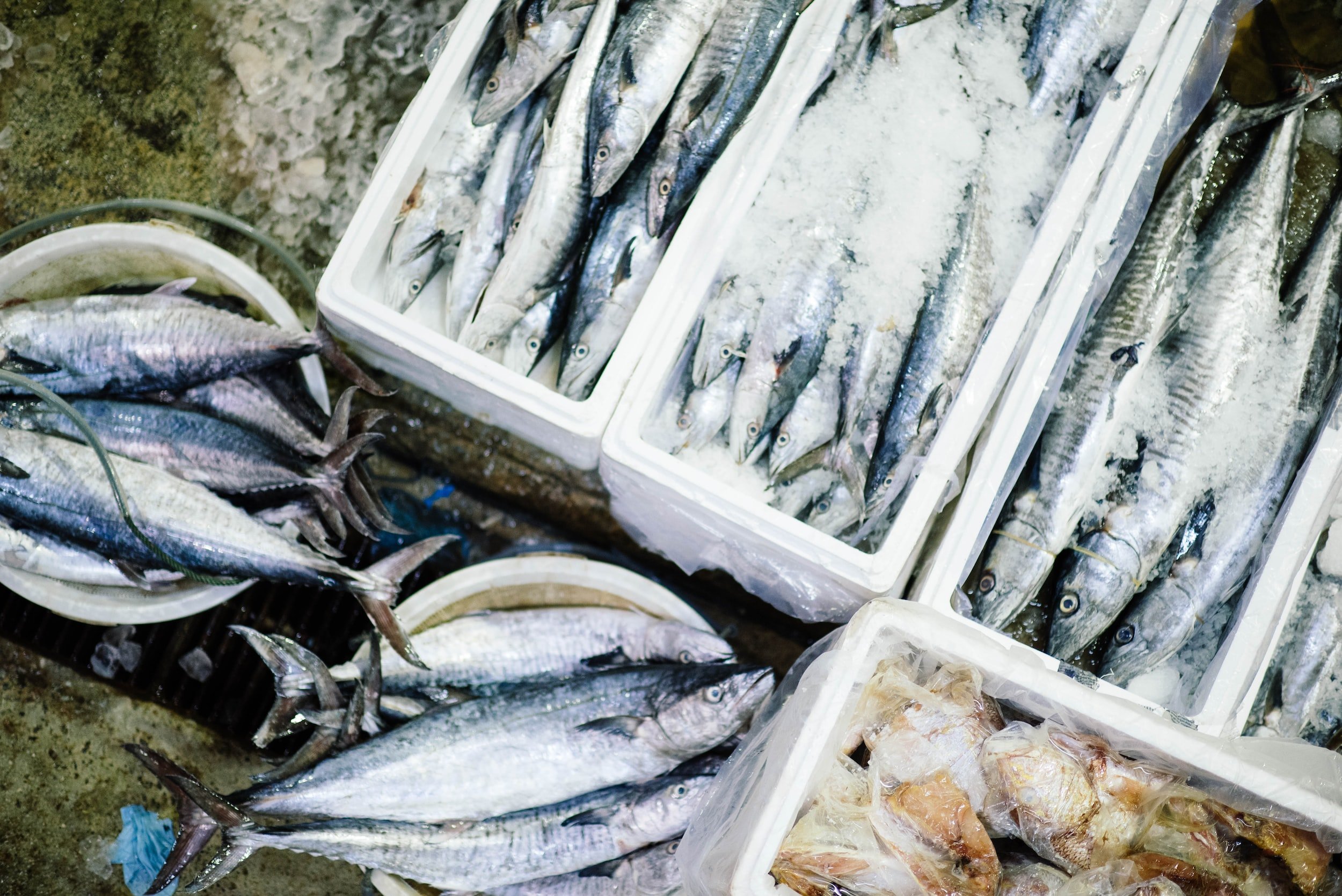Seafood biodiversity and human health
There is increasing concern that the global biodiversity crisis may directly harm human well-being. Yet operational measures of human well-being based on biodiversity have been difficult to implement, despite the strong links between biodiversity and ecosystem function known from ecological theory. My work is among the first to bridge the gap between biodiversity theory and human health by extending statistical and theoretical approaches from ecosystem science to human nutrition science in the context of seafood. With this novel approach, I am generating a mechanistic understanding of the consequences of biodiversity change for human well-being.
For many of the world’s seven billion people, food security is a benefit provided by aquatic ecosystems, and a large variety of wild species are still consumed even though biodiversity is declining worldwide. We used biodiversity-ecosystem functioning theory to test whether biodiversity directly enhances nutritional benefits at global and local scales, by collating and synthesizing nutritional traits of 801 aquatic species. We found that it does, particularly for essential micronutrients, such as calcium and zinc, with the potential to combat the problem of micronutrient deficiencies (‘hidden hunger’) in coastal communities.
Bernhardt, J.R. and M.I. O’Connor. Aquatic biodiversity enhances multiple nutritional benefits to humans. 2021. Proceedings of the National Academy of Sciences.
